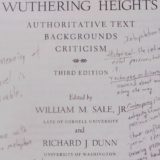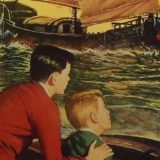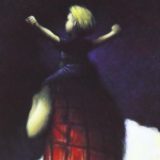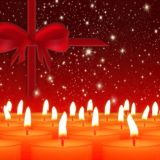Virginia Woolf on How to Read
 One of my New Year’s resolutions is to jump start a disciplined morning schedule that includes regular prayer, exercise and intellectual growth. For intellectual growth I’ve chosen to read from Britannica’s Gateway to the Great Books, edited by Mortimer Adler, Robert Hutchins and Clifton Fadiman, three thinkers who have a profound influence on my approach to reading.
One of my New Year’s resolutions is to jump start a disciplined morning schedule that includes regular prayer, exercise and intellectual growth. For intellectual growth I’ve chosen to read from Britannica’s Gateway to the Great Books, edited by Mortimer Adler, Robert Hutchins and Clifton Fadiman, three thinkers who have a profound influence on my approach to reading.
The ten volume Gateway to the Great Books was published in 1963 by Britannica, and was designed to be a sort of literary boot camp to prepare readers to read the 54-volume Great Books of the Western World. The Gateway collection includes short fiction and essays by authors like Emerson, Hawthorne, DeFoe, Kipling, Voltaire, Lincoln, Pliny, Tacitus, Hume, and Chekhov. The works are divided into categories like imaginative literature, critical essays, society, natural science, and philosophy.
To get back into the habit of reading, this morning I chose Virginia Woolf’s essay “How Should One Read a Book?” I’ve never ready anything by Woolf before, and I was immediately drawn in to her prose. I don’t wish to write a full review here, but I will say that her essay is definitely don’t-miss reading for all literature teachers, and would be worth teaching to advanced junior high students or high school students. For a little more information on Woolf’s essay you can read Danielle’s reaction at A Work in Progress.
I’ll leave you with two quotes that stuck with me after I finished the essay this morning:
 Do not dictate to your author; try to become him.
And,
I have sometimes dreamt, at least, that when the Day of Judgment dawns and the great conquerors and lawyers and statesmen come to receive their rewards—their crowns, their laurels, their names carved indelibly on imperishable marble—the Almighty will turn to Peter and will say, not without a certain envy when He sees us coming with our books under our arms, “Look, these need no reward. We have nothing to give them here. They have loved reading.â€












